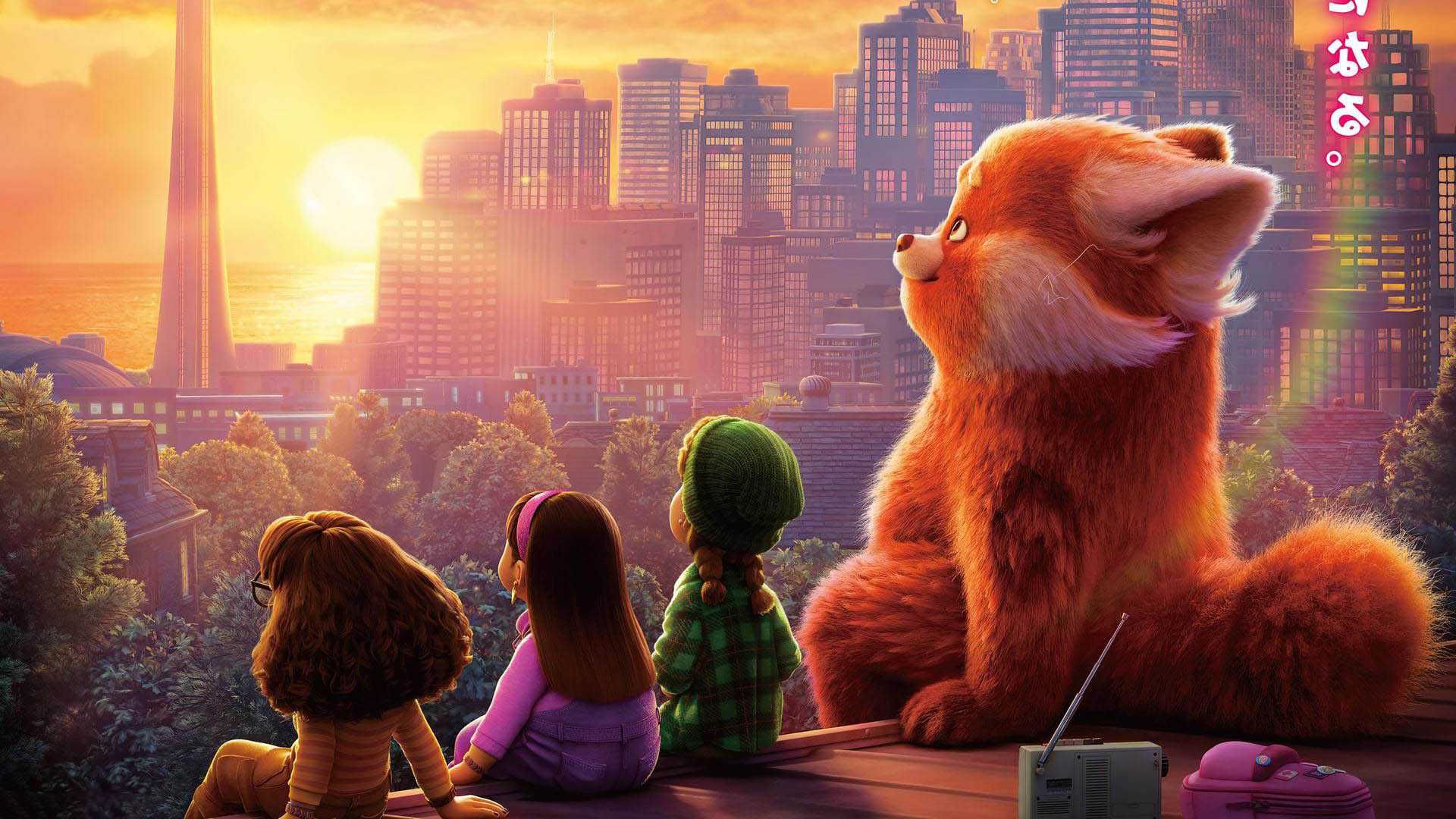Over the past week, Netflix has dropped eight new original movies. Three of them (The Good Nurse, All Quiet on the Western Front, and Wendell & Wild) should be huge releases. The Good Nurse stars two Oscar winners in Jessica Chastain and Eddie Redmayne, All Quiet on the Western Front is Germany's official submission to the Academy Awards for Best International Feature, and Wendell & Wild is Henry Sellick's first film since Coraline, having previously stolen our hearts with The Nightmare Before Christmas. The titular Wendell and Wild are also played by Key and Peele, back together again. These are brand new movies, all for different audiences, all with potential to be hits, and I wouldn't blame you if you hadn't heard of any of them. I have no idea what Netflix is thinking with this strategy, but it seems unlikely to change.
This year alone, Netflix has released over 130 movies. I like to keep up with the latest movies, but even I've only seen around 15 of them, and I'm not sure there are many people who will have seen more. A few of these have been pushed by Netflix to some extent (The Gray Man had a fairly thorough junket circuit, Blonde had some posters in the real world and was made to seem like a major release), but most of them fizzled. The Sea Beast has some excellent animation, but aside from having it linger on the homepage for a few days, Netflix didn't do a thing with it. There's a heavy reliance on memes, social media, and stars with built-in fanbases. Sure, some combination of those things got me to watch Do Revenge (good), Spiderhead (bad), and Purple Hearts (ugly), and I'm sure it worked on others for Senior Year, Luckiest Girl Alive, and Look Both Ways, but it all feels so soulless.
It's all part of the growing trend where movies are not movies, they are simply content. Colourful pictures moving on a screen made quickly, cheaply, and with little thought. Of course, there are real artists at Netflix in various departments trying to do the best they can, but the more movies are churned out with little regard for their longevity, the less that will hold true. Why would writers and directors stay at algorithm factories like Netflix when the goal is to pump out as much content as fast as you can, and once that content starts to go stale, there’s another fresh steaming pile of content ready to be loaded up on top? There's so much craft and artistry in Wendell & Wild, but it's hard to not question the point of it all when so few people are going to see it.
I'm sure Netflix can point to its subscriber numbers and claim that even with little to no promotion it guarantees eyeballs. Remember when it claimed more people saw Red Notice (feel free to look it up) than had watched Avengers: Endgame? If that's a lie and Netflix is falsely selling audience sizes to filmmakers it then immediately drops in the deep end, that's a major part of the problem with this strategy. If it's true, then it's even worse that Netflix has the pulling power of Marvel's biggest ever hit and still can't generate even a single conversation off the back of it.
This is a problem that's exclusive to Netflix, too. Amazon has made just 20 movies this year, and with a clearer field, My Policeman is getting decent buzz. Disney Plus has made 11, although like Netflix it has often failed to support the likes of Turning Red in the way it should have. Still, 11 is significantly less than 130. Apple TV has released just six, including the Oscar-nominated The Tragedy of Macbeth, while the upcoming Causeway is likely going to make an award season splash – plus it's worth remembering Apple won Best Picture last year for CODA. Again, with more breathing room, Apple is also able to push Selena Gomez: My Mind and Me. The Swimmers, Wonder, and White Noise are some of Netflix's upcoming award contenders, and yet barely a peep has been made about them.
Netflix has some great movies. The Irishman, Klaus, Marriage Story, Tick Tick…Boom!, Passing, The Two Popes, and Roma all made it through Netflix's content mill and came out the other end clean. But the longer it's content to produce content for content’s sake, the less anyone will care. Netflix already seems to have given up – it can't be long until audiences and filmmakers follow suit.
Source: Read Full Article

